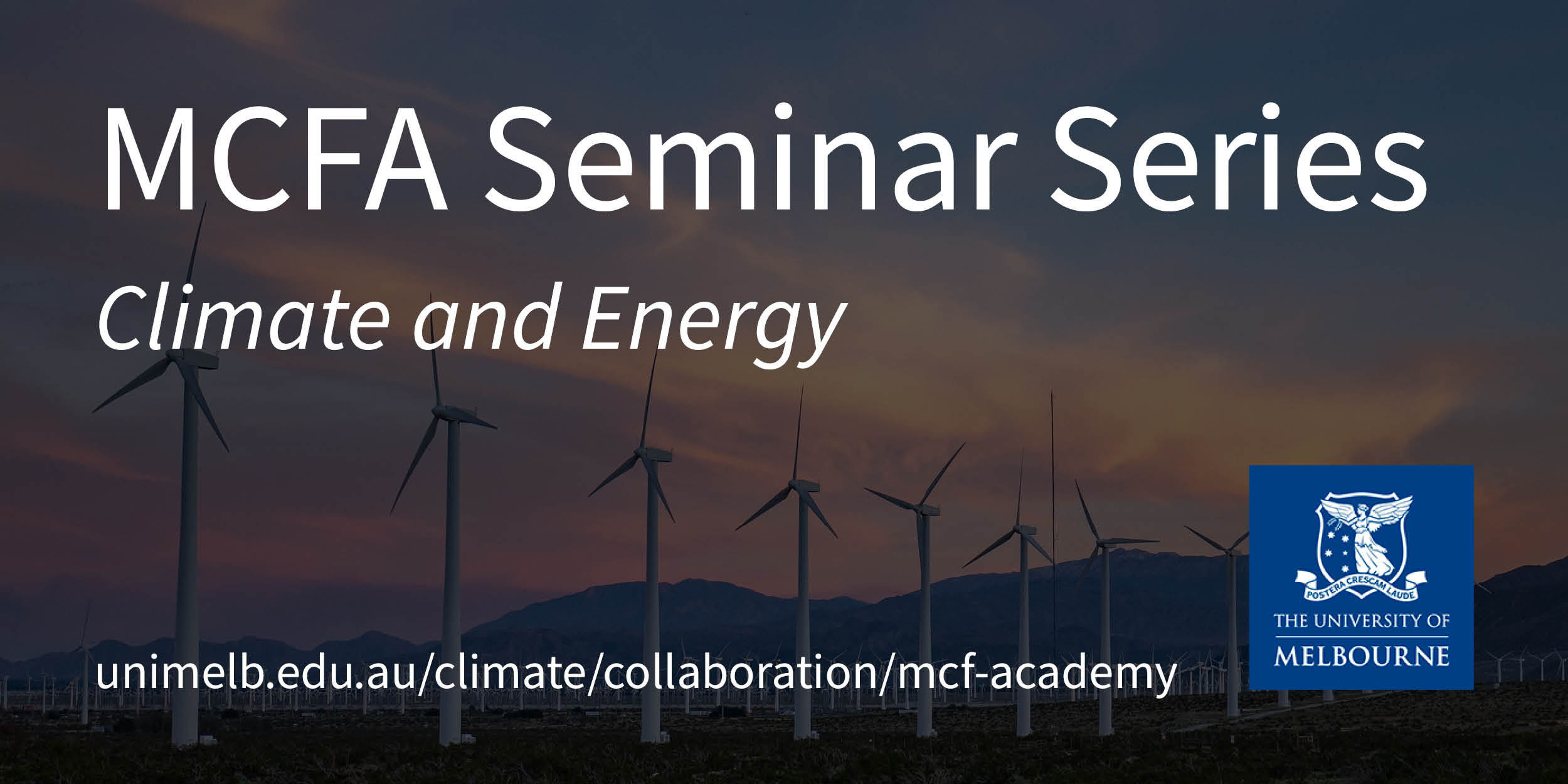
Scaling up green hydrogen supply
Green hydrogen from renewable electricity and derived electrofuels can replace fossil fuels in applications where direct electrification is infeasible. While this makes them crucial for climate neutrality, rapidly scaling up supply is critical and challenging. Here we analyse potential expansion pathways of electrolysers, using a probabilistic model of S-shaped technology diffusion. We find that even if electrolysis capacity grows as fast as wind and solar power (the growth-rate champions) green hydrogen supply will remain scarce in the short term and uncertain in the long term. Despite initial exponential growth, green hydrogen likely (≥75%) supplies <1% of final energy through 2030 (2035) in the EU (globally). By 2040, a breakthrough to higher shares is more likely, but large uncertainties prevail with an interquartile range of 3.2-11.2% (EU) and 0.7-3.3% (globally). Both short-term scarcity and long-term uncertainty impede investment in hydrogen end-uses and infrastructure, reducing green hydrogen’s potential and jeopardising climate targets. However, historic analogues suggest that emergency-like policy measures could foster substantially higher growth rates. This would be required to keep the ambitious 2030 EU hydrogen target within reach and increase the likelihood of future hydrogen availability in the EU and globally.
Adrian Odenweller is a doctoral researcher in the Energy Systems Group at the Potsdam Institute for Climate Impact Research (PIK) and a PhD candidate at the Technical University of Berlin. His research focuses on the role of hydrogen and electrification in climate change mitigation scenarios. Adrian holds degrees in Climate Science (M.Sc), Physics (B.Sc.) and Economics (B.Sc.) from the Universities of Hamburg and Cologne. Previously, he was a research assistant at the Max-Planck-Institute for Meteorology, a visiting researcher at the University of Cambridge, and a trainee at the European Central Bank.
